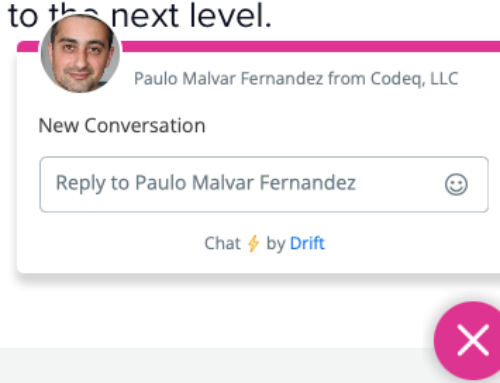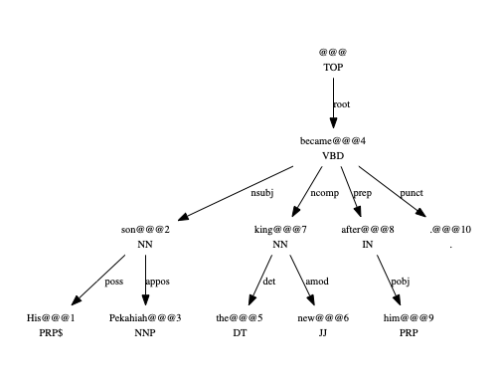By: Chloe Kestermont, Product Manager
RapidAPI is the world’s largest API marketplace, with over 10,000 APIs available on one central platform. Developers can gain access to an incredible variety of technology provided by large and small companies alike, getting a leg up in the development process. Our Natural Language Processing API is a great fit in this ecosystem, and can be leveraged in conjunction with other APIs to create innovative projects in a shorter amount of time.
When you subscribe to our NLP API, you get access to a plethora of linguistic analysis tools. Our API contains the basic modules you’d expect from a text processing application like tokenization, sentence splitting, part-of-speech tagging and named entity recognition. In addition to these standard modules, you’ll get access to many advanced Deep Learning classification modules, such as our Speech Act, Question, Emotion, Sarcasm, and Abuse classifiers and our Semantic Role Labeling module. Our goal is to make the power of text understanding accessible to developers in a robust and comprehensive package.
But don’t let our gaggle of offerings overwhelm you; our suite of Natural Language Processing modules can be adapted to your needs. We make it simple to customize the data you get back from your queries; you can create your own NLP pipeline with our vast list of annotators. If you need to use a very specific portion of our API, all you need to do is declare a “pipeline” key as part of your POST request and send as a value a comma separated list of the Annotators you need.
The versatility and usefulness of NLP analyzed data is vast, but here is a short list of uses to inspire your creativity:
Document Summarization – Our API has its roots in short form document summarization. Use it to identify relevant content and cut away superfluous information. Leverage our Text Summarization and Keyphrase extraction modules to encapsulate important sentences and phrases in your textual data and create digestible, concise summaries easily. This combination of modules works well on news articles.
Brand/Product/Reputation Monitoring – Extract rich insight into what users are expressing, and foster a deeper understanding going beyond a thumbs up or a five star rating. Codeq’s API offers a granular approach to identify not only sentiment from texts, but also emotions, and gives you a fuller understanding of your users. Use this combination of modules on product reviews, email messages, business reviews, social media posts, news articles, blog posts, forums, etc.
Customer Communication Monitoring – Analyze your communication channels and spot messages with negative sentiments or emotions, so you can respond quickly to give your users more attention when required. Using the sentiment, emotion, and sarcasm classifier results, messages from distressed users can be routed to the appropriate specialists. Use this combination of modules on data from customer communication channels like email messages, call center transcripts, chat transcripts, and social media posts.
Task and Commitments Extraction – Analyze your unstructured content and extract important tasks and commitments. Tasks are presented in a rich format that simplifies integration within your applications, including a concise representation of priority patterns and suggestions of possible actions to take to complete the tasks. Use this combination of modules on your team’s internal messaging to jump start productivity. For example, text from your asynchronous channel-based messaging platform that requests scheduling could be funneled into a calendar application to automatically create meetings.
Abuse Detection – Identify abusive and harmful content using Codeq’s abuse classifier as part of your community management solution. Save time and resources while automatically detecting toxic behavior and preventing malicious users from discouraging and harassing other community members. Automatically spot insults, threats, hate speech, and racist comments to moderate your comments section and can be drastically reduced. Use this module on data generated from forums, comment sections, and social media posts.
We’re excited to see what you create with NLP!



